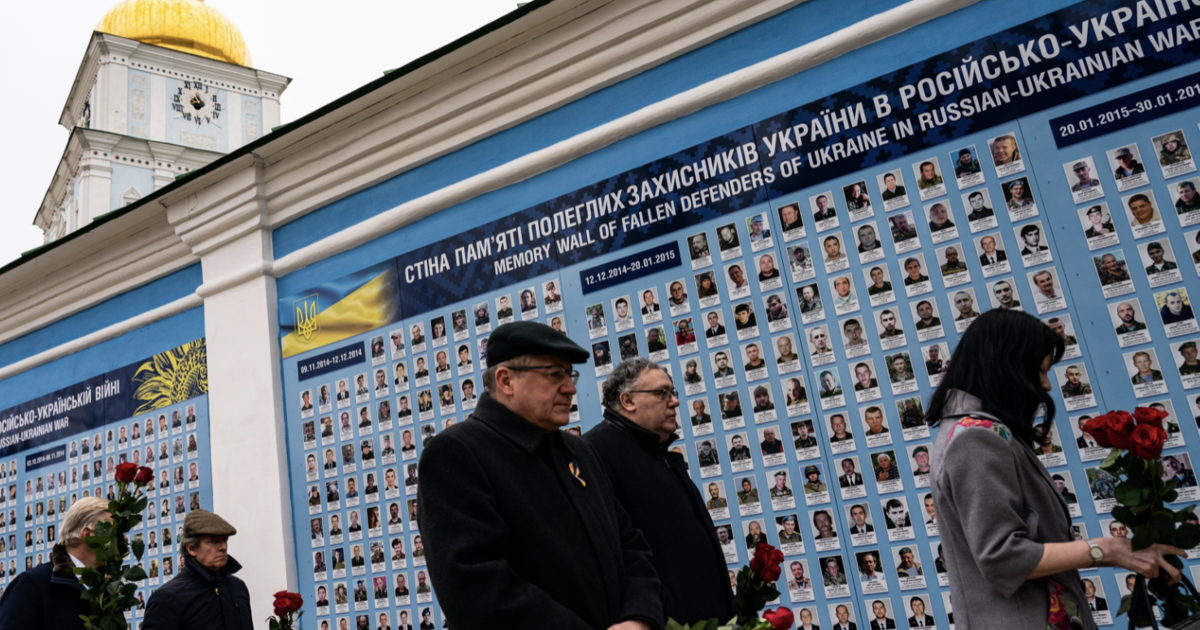Nonetheless those grievances are there, they exist and are the reason why Europe is facing the most serious crisis since 1945. We can continue insisting that Russia and only Russia is to blame all we want but it didn't change the fact that until Russia's grievances are addressed and compromises made, the potential for conflict will always be there.These grievances are mostly self-imagined or self-inflicted.
If you're suggesting [I think you are] that Russia is fully at fault and that NATO/the West is completely blameless then I would have to disagree. Things don't happen in a vacuum and it isnt only NATO/ the West which has security concerns, strategic interests and insecurities to watch out for or manage.
The signs that the Ukraine was intent on joining NATO or would eventually be offered membership were there way before Russian troops even stepped foot it in the Crimea or eastern Ukraine. NATO had also already admitted certain forner Warsaw Pact countries into its ranks way before Russia was seen as aggressive and provocative they way it is now.Russia didn't want it to join NATO it shouldn't have annexed Crimea and started a war in Eastern Ukraine
I doubt if it was the writer's intention to advance anyone's cause. He was merely giving the narrative of what occurred since the end of the Cold War, what makes the Russians tick and why Russia is doing what it's doing. Bear in mind that how the West perceives things can be fundamentally different from how it's seen in Russia.Bringing up alleged comments by a Secretary of State doesn't advance Russia's position one bit.
Last edited:





